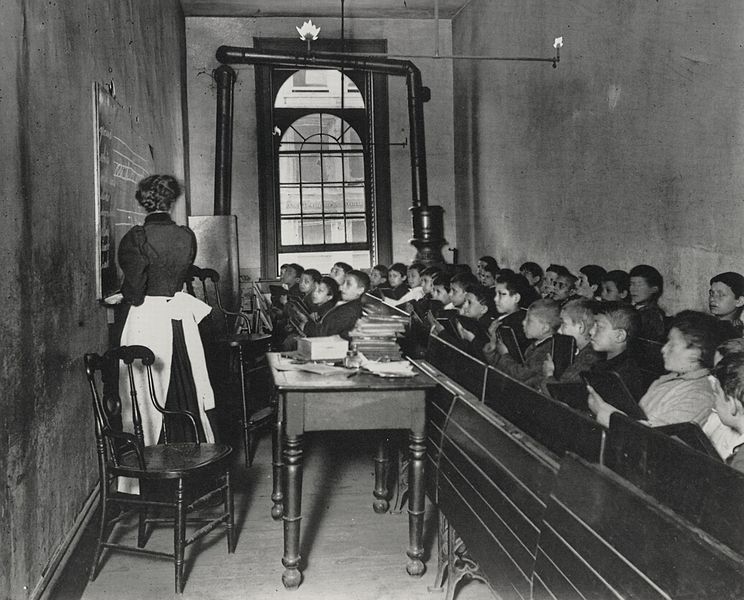History professors who’ve lectured about Luddites have, in some instances, become Luddites themselves. Massively Open Online Courses (MOOCS) threaten to disrupt universities, largely a luxury good for mostly economy shoppers. It’s a deserved challenge to the system, and that’s the type of challenge that wrankles the most. From Thomas Rodham Wells’ essay on the subject at the Philosopher’s Beard:
“The most significant feature of MOOCs is that they have the potential to mitigate the cost disease phenomenon in higher education, and thus disrupt its economic conventions, rather as the recorded music industry did for string quartets. Of course MOOCs aren’t the same thing as residential degree programme classroom courses with tenured professors. In at least some respects they are a clearly inferior product. But then, listening to a CD isn’t the same experience as listening to a string quartet, nor are movies the same as theatre. But they are pretty good substitutes for many purposes, especially when the difference in price between them is so dramatic. And, like MOOCs, they also have non-pecuniary advantages over the original, such as user control and enormous quality improvements on some dimensions.
I think this cost advantage is the real challenge the opponents of MOOCs have to address. Why isn’t this cheap alternative good enough? Given that one can now distribute recordings of lectures by the most brilliant and eloquent academics in the world for a marginal cost of close to zero, the idea that a higher education requires collecting millions of 18-25 year olds together in residential schools in order to attend lectures by relative mediocrities and read the books collected in the university library needs a justification. Otherwise it will come to seem an expensive and elitist affectation. Like paying for a real string quartet at your party, or a handmade mechanical watch rather than just one that works.”
______________________________
“The classroom no longer has anything comparable to the answers outside the classroom”:
Tags: Thomas Rodham Wells

